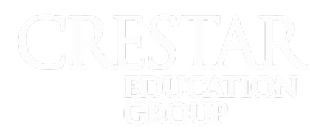Curriculum
- Home
- Curriculum
Cambridge International Primary Curriculum
What We Focus On
At The Grange, we offer a well-rounded education anchored in the internationally recognised Cambridge framework, enhanced with inquiry-based and creative learning approaches.
The Cambridge Primary Education framework builds strong foundations in core subjects like English, Mathematics, and Science while fostering critical thinking and problem-solving skills. Aligned with our Cre8tors-in-Action© philosophy, it connects learning to real-world contexts, encouraging curiosity, collaboration, and innovation.
This integration ensures every child thrives academically, socially, and emotionally, preparing them for success in an ever-changing world.
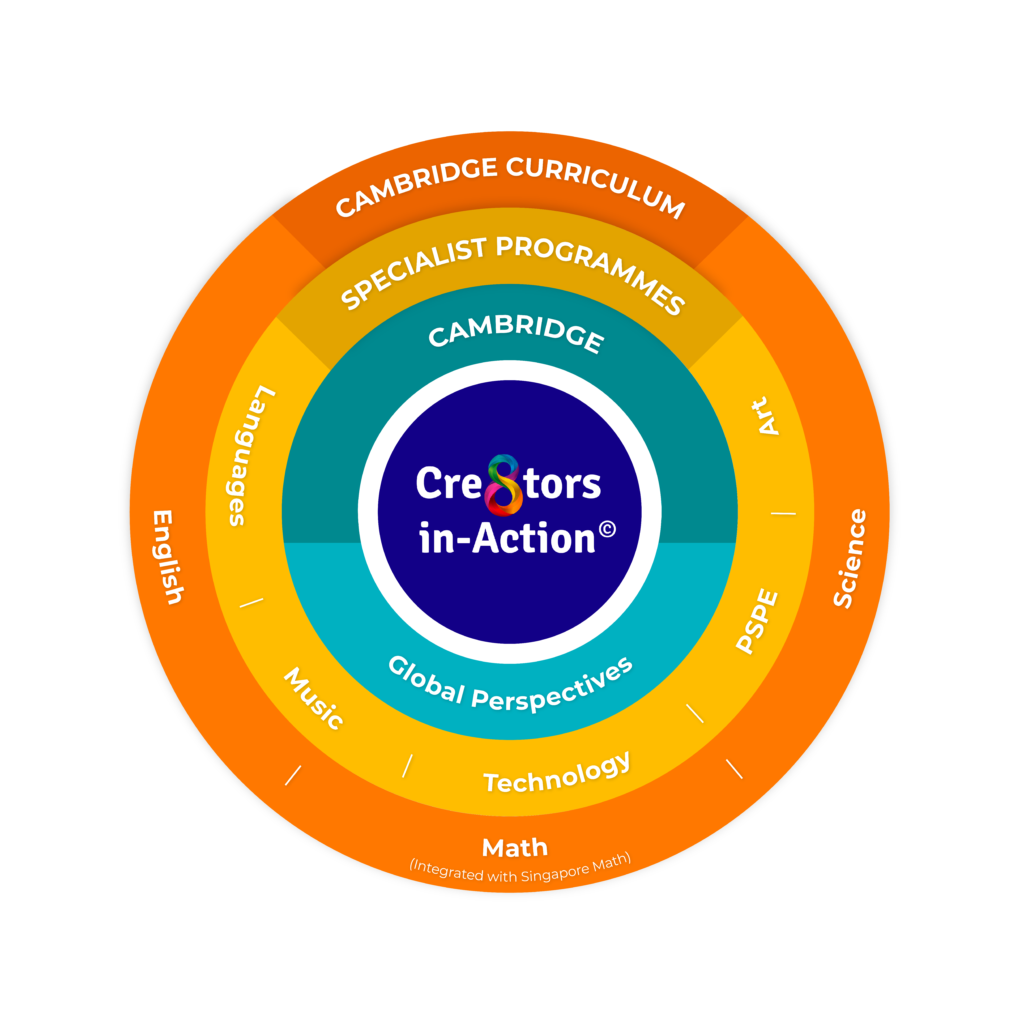
WHY WE STAND OUT
8 Core Competencies
Students are empowered as Cre8tors-in-Action© to develop into engaged global citizens who actively contribute to a diverse and multicultural community.
We support their development as independent critical thinkers and their ability to collaborate, ensuring that they are well-prepared to thrive in a global community.

WHY WE STAND OUT
8 Core Competencies
At The Grange International School in Singapore, we offer a forward-thinking international primary education that nurtures both academic growth and global awareness. As a private primary school in Singapore, our unique approach is built around eight core competencies—design thinking, environmental stewardship, entrepreneurship, active citizenry, teamwork, partnerships, critical issue recognition, and service leadership. These elements are woven into the learning experience to help children develop the mindset, values, and skills needed to navigate an increasingly complex world with confidence and purpose.
Construction & Design
Respecting The Environment
Entrepreneurial Spirit
Active Citizenship
Creators see themselves as active global citizens who have a shared agency of our planet. They are passionate about their responsibilities to improve life on Earth. They are advocates of the UN Sustainable Development Goals (SDGs) and know that their actions can be personal, localised or far-reaching.
Teamwork & Partnerships
Creators embrace collaboration and partnership as an effective and efficient way to solving a problem. They understand that others’ strengths can complement or supplement their own. They are willing to adopt different roles in a team as the success of the mission outweighs individual accolade.
Original Ideas
Creators challenge their own thinking to come up with new and original ideas that, in turn, challenges others’ thinking and their mindsets. They are able to approach existing issues and situations with alternative viewpoints, in the hope to come up with original ideas, or to better existing ideas.
Recognising Issues
Creators gain knowledge and awareness by researching into common issues affecting humanity on a personal, community or global basis through a balance of primary and secondary sources of information, and in the process, they might change their mindset and perspective about the issue.
Service Leadership
Creators are true leaders who are selfless about taking meaningful actions to impact others and the environment. They are active in the school, local community and beyond and are willing to devote time and energy to community causes that they become passionate about.
CAMBRIDGE CURRICULUM
Cambridge Primary Curriculum

The Cambridge Primary Curriculum aims to help students become confident, responsible, innovative learners. The curriculum for English, Math, and Science is intended to engage students in an active and creative learning journey.
They provide a comprehensive set of progressive learning objectives outlining what the learner should know or be able to achieve in each year of primary education, as well as a structure for teaching and learning and a reference against which learners’ ability and understanding can be measured.
The academic achievement of students are benchmarked according to the Cambridge Primary curriculum standards. The two key assessment tools for benchmarking are the Primary Insight (formerly known as Incas), and the Checkpoint Test. The former is an interactive computerized assessment in reading, mathematics and general ability skills. The latter is used as an assessment tool for a summative view of their overall achievement in English, Mathematics and Science at the end of the primary school journey.
Subjects

Cambridge Primary English


Cambridge Primary English
The Cambridge Primary English Curriculum promotes an inquiry-based approach to learning to develop learners’ confidence, creativity and intellectual engagement for a life-long enthusiasm for reading, writing and spoken communication. Learners develop English skills for different purposes and audiences.
The curriculum covers knowledge, skills and understanding in the three strands, Reading, Writing, and Speaking and Listening.
This curriculum is for learners who have English as a first language, and can be used in any cultural context. For learners who speak a language other than English at home, we supplement with additional support for the development of foundation skills for grasping the language.


Cambridge Primary Mathematics


Cambridge Primary Mathematics
Mathematics helps us to think analytically and have better reasoning abilities. Our primary mathematics curriculum encourages life-long enthusiasm for analytical and rational thinking.
The Cambridge Primary Mathematics Curriculum is organized into key strands:
- Number
- Geometry and Measure
- Statistics and Probability
The strands work together to help students recognise connections of mathematical concepts as they engage in creative mathematical thinking to generate and improve numerical fluency.
The Grange integrates Singapore Math Heuristics into this curriculum, enhancing problem-solving skills by teaching specific strategies such as model drawing, making suppositions, and working backwards, thus reinforcing the holistic understanding and application of mathematical concepts.


Cambridge Primary Science


Cambridge Primary Science
Our primary science curriculum helps learners develop a life-long curiosity about the natural world and enables them to seek scientific explanations to the phenomena around them.
The Cambridge Primary Science Curriculum is presented in four content areas: Scientific enquiry, Biology, Chemistry and Physics. Scientific enquiry is about considering ideas, evaluating evidence, planning investigative work and recording and analysing data. Students will think scientifically and develop practical skills alongside knowledge and understanding, which is vital for explaining the world around us.
Improving learners’ awareness of science in the world around them develops their sense that ‘science is for me’, helping to connect themselves to the subject. This approach provides them with the knowledge and skills they require to excel at science in later stages of education and to make informed choices, including considering sustainability issues and meeting the challenges facing our environment.

OUR SPECIALTIES
Specialist Subjects
The Grange’s future-focused curriculum is augmented by a range of specialist subjects, ensuring a comprehensive educational experience. Students benefit from holistic learning experiences across diverse areas in the Arts, Languages, Music, Technology and Physical Education. Our approach underscores the integration of academic rigor with these vital disciplines, emphasizing their importance in every child’s education.



Personal, Social, Physical Education
The Personal, Social, Physical Education (PSPE) curriculum at The Grange covers a variety of topics related to personal development, social growth and physical activities. The curriculum is organised around these strands of learning: Self-Awareness, Social Interaction and Active Living. Where authentic opportunities arise, our PSPE curriculum makes interdisciplinary links with Cambridge Global Perspectives units of learning.

Personal, Social, Physical Education


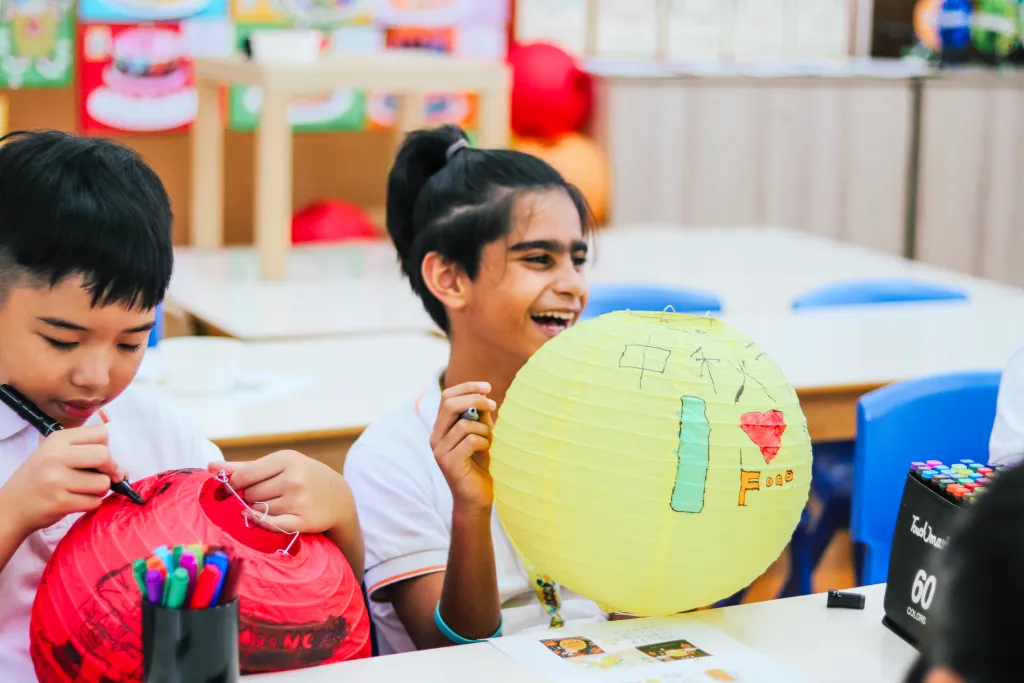
Art
Art at The Grange develops students’ appreciation and understanding that Art is a powerful mode of communication through which students explore and construct a sense of self and develop an understanding of the world around them. Art provides students with a range of opportunities and means to respond to their experiences and engage with historical, social and cultural perspectives. The students are stimulated to think and to articulate their thoughts in new ways and through a variety of media and technologies. Art develops the whole child, promotes creativity, critical problem-solving skills and social interaction. The curriculum is organised around the learning strands of Art Techniques, Appreciation, and Expression. Where authentic opportunities arise, our Art curriculum makes interdisciplinary links with Cambridge Global Perspectives units of learning.

Art


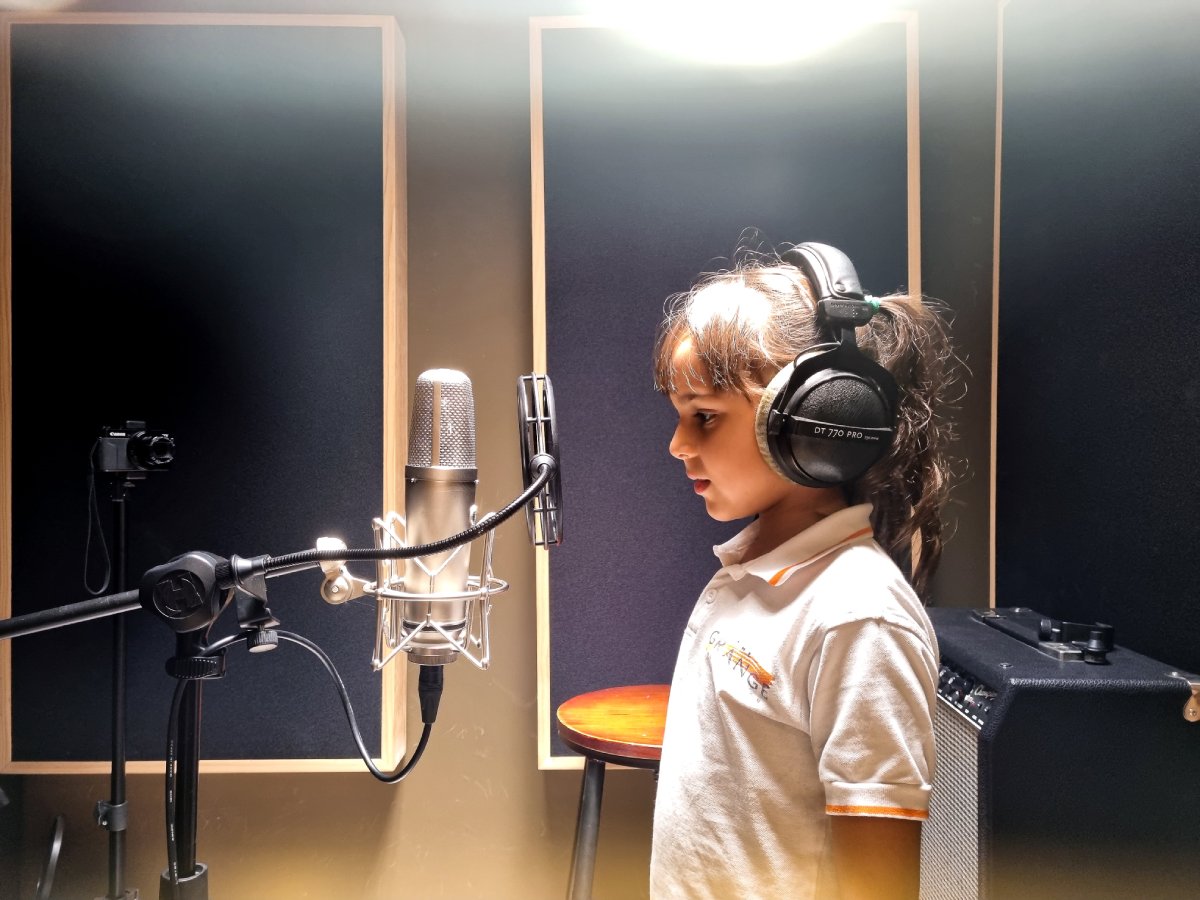
Music
The Music curriculum is organised around the learning strands of Music Theory, Appreciation, and Performance. Where authentic opportunities arise, our Music curriculum makes interdisciplinary links with Cambridge Global Perspectives units of learning. We hope to inspire students to see music as an important common language through which humans communicate our emotions, ideas, identity, rituals and culture. Through our music education, we hope our students will see more similarities between people instead of differences.

Music


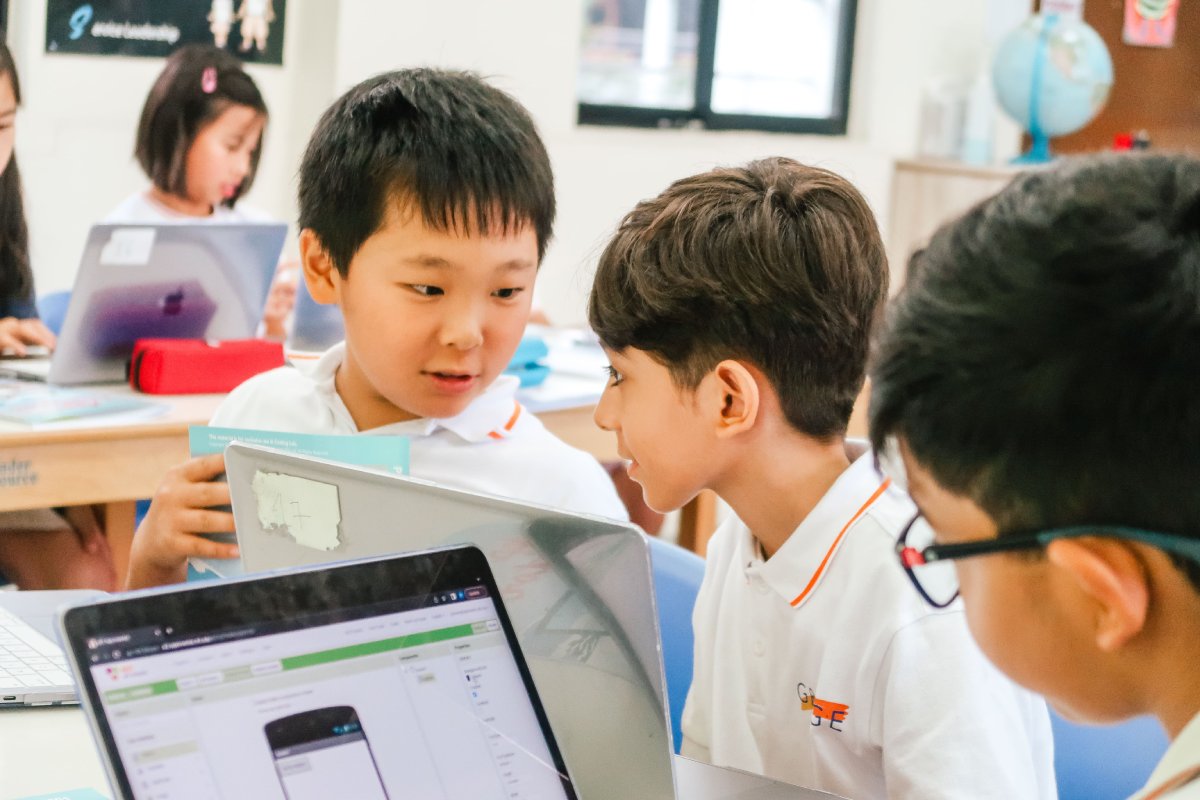
Technology
At The Grange, we believe that technology is an integral tool that supports learning in the classroom, including Cambridge Global Perspectives units of learning. We hope to develop students’ digital literacy and to become skillful at using technology for communication – to access information, collect and record information, analyse data to synthesise information, and then to present information, thinking about the purpose and the audience. Internet safety and cyber etiquette are also important knowledge and skills we want to impart to students.

Technology


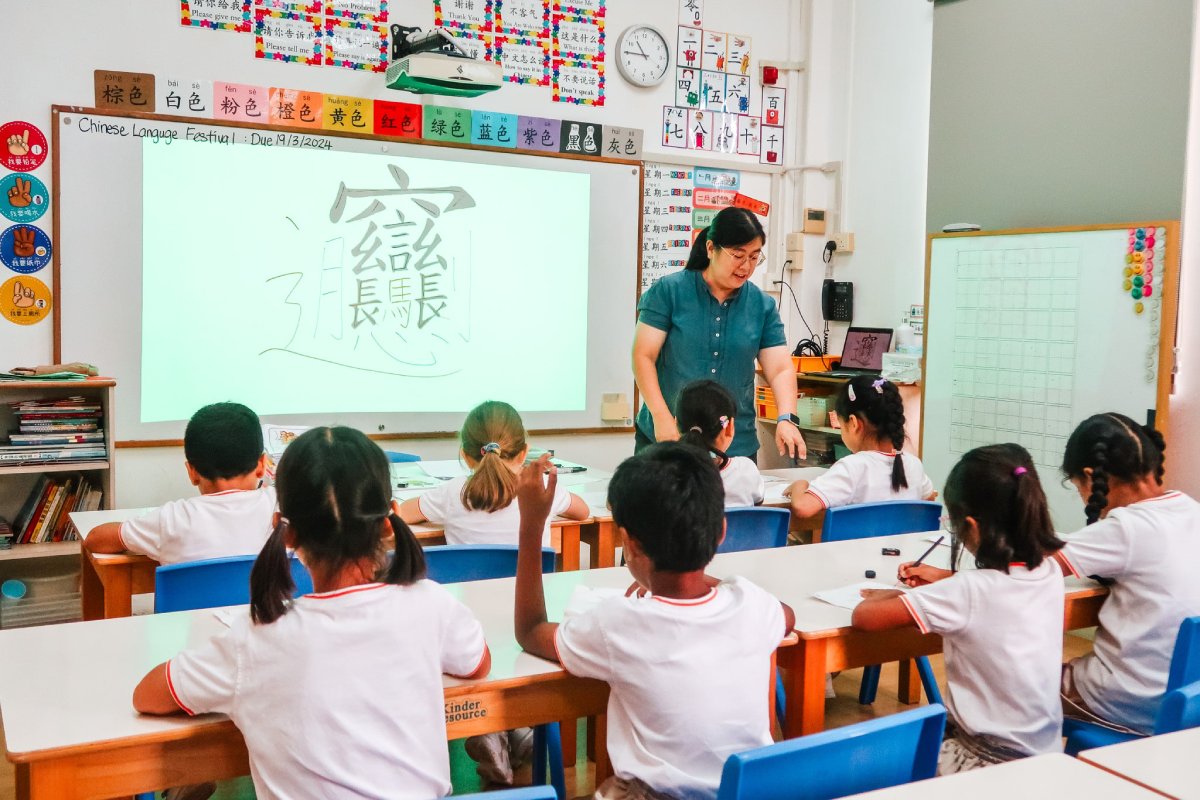
Languages
At The Grange we value students’ language development. Every student can choose one of the following languages options, in addition to the Cambridge Primary English lessons:
- Mandarin Foreign Language
- Japanese Mother Tongue Language
- Additional English Language
Growth Charting Strategies
At The Grange, charting your child’s growth journey is one of our priorities. Assessment for improvement and growth is therefore an integral part of teaching and learning. The school monitors every child’s progress using both formative and summative assessment practices, aligned to Cambridge International assessment and evaluation benchmarks.
Formative assessment modes such as quizzes and performance tasks provide teachers with important feedback that they can use for improving and customising instruction and learning
A more formal assessment mode such as paper and pencil tests are used to evaluate every child’s learning at the end of an instructional chapter or unit
Parents are also invited to the parent-teacher conferences as they are a key support and motivation in the growth journey of their child.

Languages
CAMBRIDGE CURRICULUM
Global Perspectives

At each year level, students are engaged in different themes designed to appeal to their interests and help them to learn more about the world around them. These themes help children to see how subjects such as Art, Geography, History, ICT and Computing, Music, PE, Science, Society, Technology, Language and Mathematics are both independent and interdependent. This enables them to see the big picture of their learning, make connections across different subjects, and see topics and issues in the world from multiple perspectives.
Goals

Subject Learning Goals


Subject Learning Goals
The subject goals cover the knowledge, skills and understanding that students should learn in Science, History, Geography, ICT and Computing, Technology, Music, Art, PE, Society, International, Language and Mathematics. These subjects are built into the different thematic units of work, where they work independently yet interdependently with each other so that children can talk about their learning through multiple perspectives.


Personal Learning Goals


Personal Learning Goals
The personal goals refer to those individual qualities and dispositions we believe students will find essential in the 21st century. There are eight IPC personal goals: Adaptability, Communication, Cooperation, Enquiry, Morality, Resilience, Respect and Thoughtfulness. Opportunities to experience and practice these very specific dispositions are built into the learning tasks within each unit of work. In addition, we aim to help students.


International Learning Goals


International Learning Goals
The IPC is unique in defining learning goals that help young students begin the move towards an increasingly sophisticated national, international, global and intercultural perspective. Each IPC unit has embedded within it, learning-focused activities that help students gain an increasing sense of themselves, their community and the world around them, whilst developing the capacity to take action and to make a difference.

Educating for Sustainable Development
The Grange Institution’s vision for Educating for Sustainable Development is to empower students as active global citizens. By integrating sustainability into the curriculum, fostering critical thinking, and exploring real-world phenomenon. We aim to inspire leaders committed to engineering a sustainable future and making a positive impact on the world.
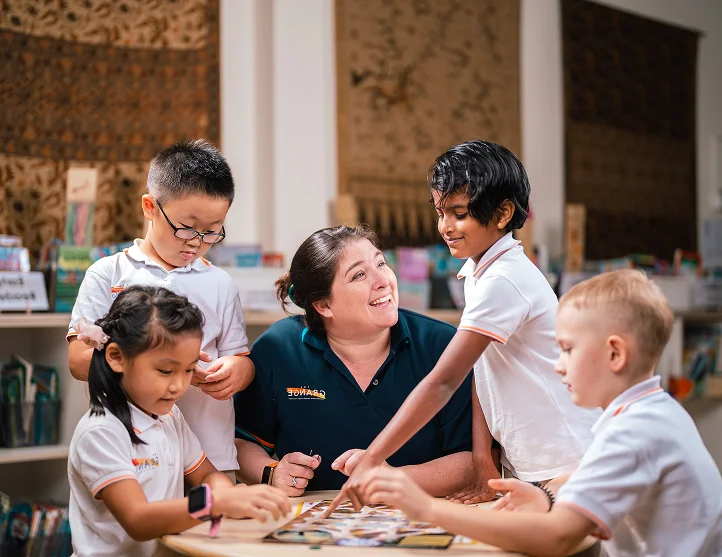
OUR COURSE TIMELINE
Course Duration
All programmes at The Grange are full time. We deliver our programme face-to-face from 10am to 4.30pm. Our maximum teacher to student ratio is 1:24.
You may find more information about our programme. Information includes, the age group placement for our Year 1 to 6 courses and course duration.
Year Group Placement
Primary Curriculum Year 1
Primary Curriculum Year 2
Primary Curriculum Year 3
Primary Curriculum Year 4
Primary Curriculum Year 5
Primary Curriculum Year 6
Duration
23 Months*
11 Months
11 Months
11 Months
11 Months
11 Months
Ages
5-7
7-8
8-9
9-10
10-11
11-12
*Students enrolled from age 6 onwards who have prior kindergarten experience may be considered for exemption and be eligible for placement in the 11-month programme.
ASSESSMENT
Assessment Strategies
At The Grange, we find assessment an integral part of teaching and learning. That is why we closely monitor our student progress using both formative and summative assessment practices.
• Formative assessment – provides teachers with quick feedback that they can use for driving instruction and learning
• Summative assessment – evaluates every student’s learning at the end of an instructional chapter or unit
Both students and teachers are actively involved in these assessments. Also, The Grange ensures that every student’s social and academic progress are valued equally.
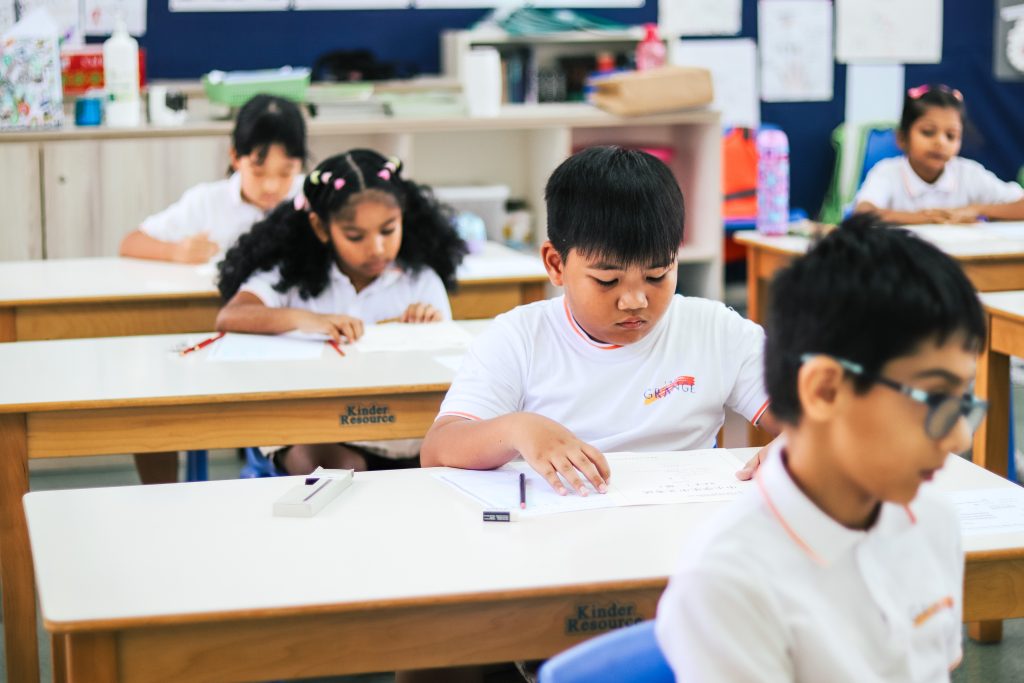
Assessment Strategies And Tools Include, But Not Limited To:
- Observations
- Self-Assessments
- Peer Assessments
- Student Reflection
- Open-Ended Tasks
- Performance Tasks
- Parent-Student-Teacher Conference


